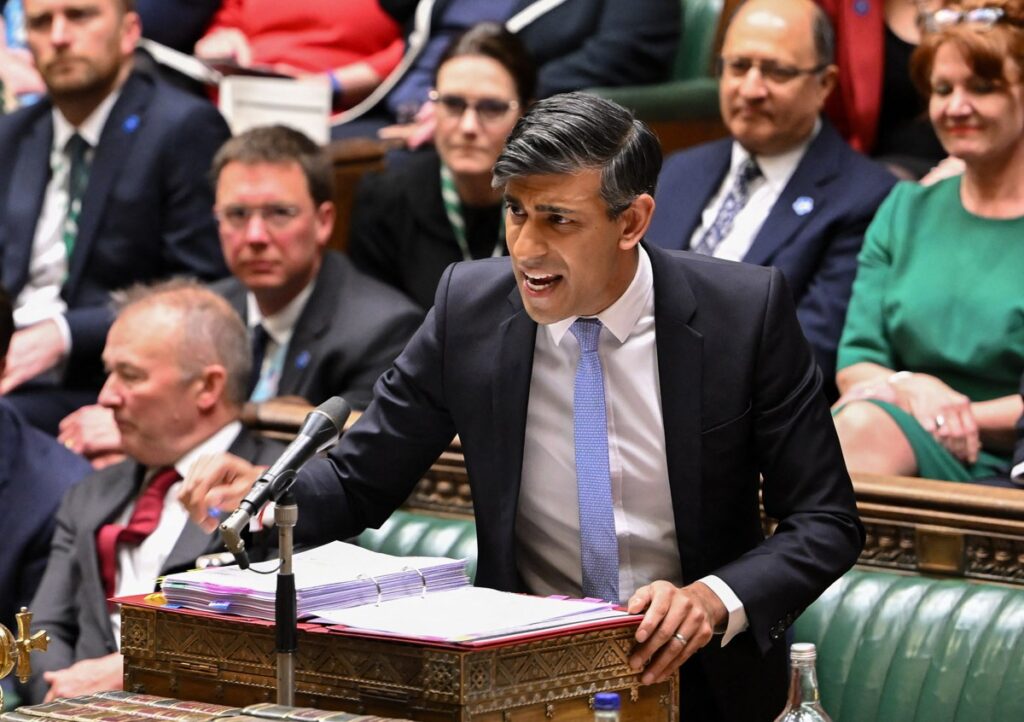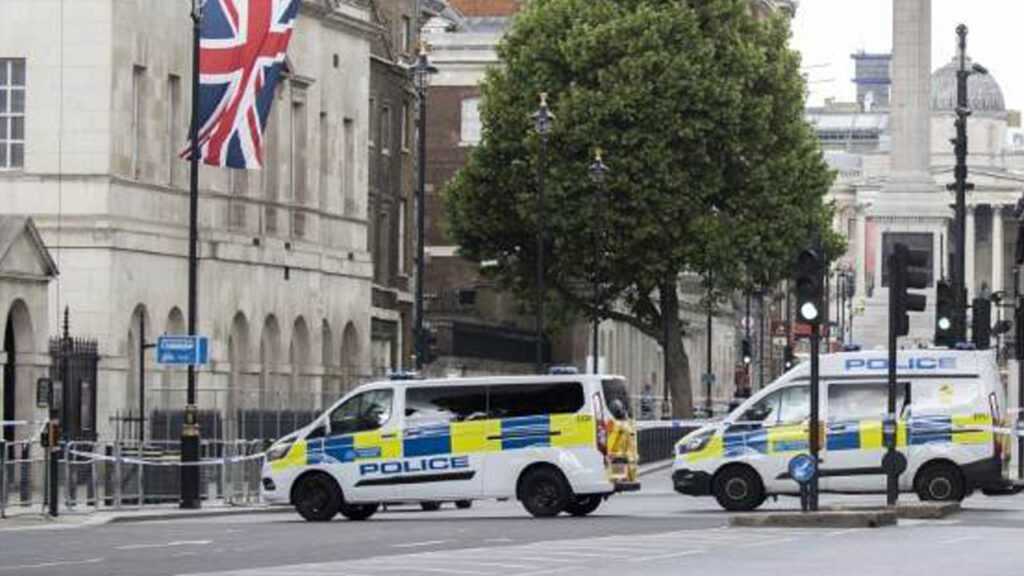
Children up to the age of 18 at schools in England will not be taught gender identity under government proposals due to be published Thursday, with growing concern in the UK and elsewhere about the contentious issue.
The move follows a landmark review which last month urged “extreme caution” on prescribing masculinising or feminising hormone treatments for young people grappling with gender identity issues.
England’s first gender identity development service for children closed in March after years of criticism that it had been too quick to prescribe puberty blocking treatment.
The “contested theory of gender identity” would “not be taught” to pupils of any age, a Department for Education statement read.
“At secondary school (11-18 years) pupils will learn about legally ‘protected’ characteristics, such as sexual orientation and gender reassignment but the updated guidance is clear that schools should not teach about the concept of gender identity,” it added.
The proposals are contained in new guidance that will also ban sex education for children under the age of nine following concerns about some of the materials being used in schools.
“Parents rightly trust that when they send their children to school, they are kept safe and will not be exposed to disturbing content that is inappropriate for their age,” the statement quoted Conservative Prime Minister Rishi Sunak as saying.
“That’s why I was horrified to hear reports of this happening in our classrooms last year,” he added.
“Sex education will not be taught before Year 5 (9-10 years) and at that point from a purely scientific standpoint,” the statement said.
– Online risks –
Since 2020, sex education has been compulsory in secondary schools in England while relationships education has been compulsory in primary schools — which teach children up to the age of 11.
But it, and particularly gender identity, has increasingly become part of the “culture wars” pushed by social conservatives against liberal opponents.
The National Association of Head Teachers (NAHT) questioned whether the government’s proposals would effectively protect children given the widespread access to smart phones.
“We cannot ignore the fact that some children and young people are already accessing information from different sources outside of school. This may lead to questions that need careful handling from trained professionals,” said the union’s general secretary Paul Whiteman.
“It is hard to see how rigid limits on what can be discussed and when would be in the best interests of young people -– and this may even risk them seeking information from less reliable sources.”
The new guidance will also include additional content on suicide prevention and the risks of viewing content promoting self harm online.
The extent of harmful material available on the internet was highlighted in the UK by the death in 2017 of 14-year-old schoolgirl Molly Russell.
A coroner ruled that she had died from an act of self-harm while suffering from the “negative effects of online content”, leading her family to set up a campaign highlighting the dangers of social media.
Her father Ian Russell last year criticised the response of social media companies to a report aimed at preventing future tragedies as “underwhelming and unsurprising”.
The government’s new proposals will be subject to a nine-week consultation and be statutory once finalised.













